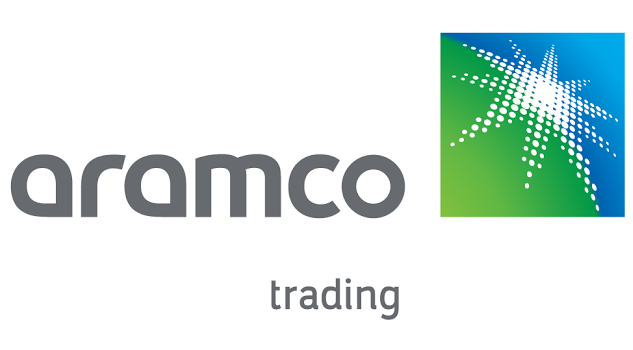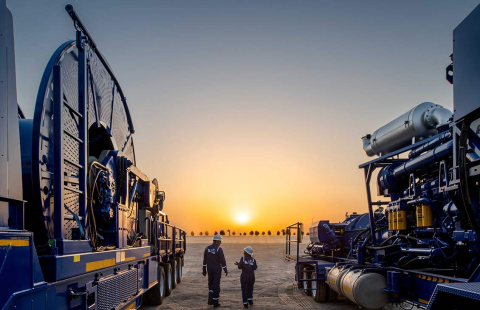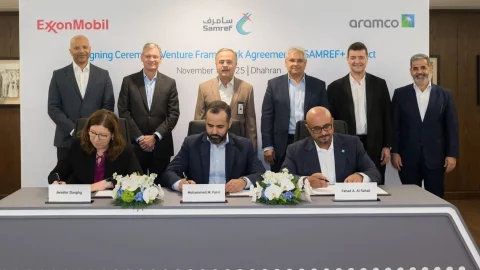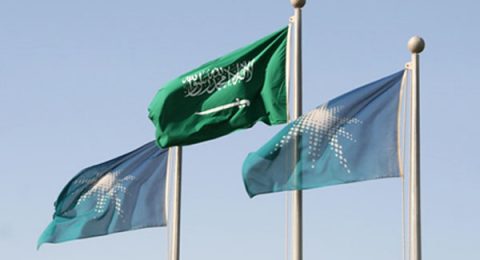Aramco has inked a letter of intent (LoI) to be a prospective minority shareholder in a new powertrain technology company (PWT), that will be installed by Geely and Renault Group. The new business will focus on technologies of combustion and a hybrid powertrain.
Aramco’s investment would help the business expand and advance important research and development (R&D) projects involving next-generation hydrogen technologies. It is anticipated that Greely and Renault Group will each have an equal share of the new independent company’s share.
The planned company is designed to be a stand-alone global supplier with a combined capacity of over five million internal combustion, hybrid, and plug-in hybrid engines and transmissions per year, supplying over 130 countries and regions. It will have a global network of 17 powertrain plants and five R&D centers spread across three continents.
Mohammed Y. Al Qahtani, Aramco Executive Vice President of Downstream, said: “This letter of intent represents a new milestone in our ongoing commitment to transportation technologies and presents a platform to support Aramco’s research and development in engine innovation. Our planned collaboration with Geely and Renault would support the development of powertrains across the automotive industry, and aligns with our broader efforts across our global operations.”
Luca de Meo, CEO of Renault Group, said: “This partnership with Aramco will raise our joint powertrain company together with Geely Group to the next level and give it a head start in the race towards ultra-low-emissions ICE powertrain technology. Aramco’s entry brings to the table unique know-how that will help develop breakthrough innovations in the fields of synthetic fuels and hydrogen.”
Daniel Li, CEO of Geely Holding Group, said: “We welcome Aramco in joining us in the creation of a globally leading sustainable powertrain company. The proposed investment by Aramco represents recognition from global industry leaders in the PWT’s future business prospects and vision for pioneering low and carbon-free fuels such as methanol and hydrogen.”












